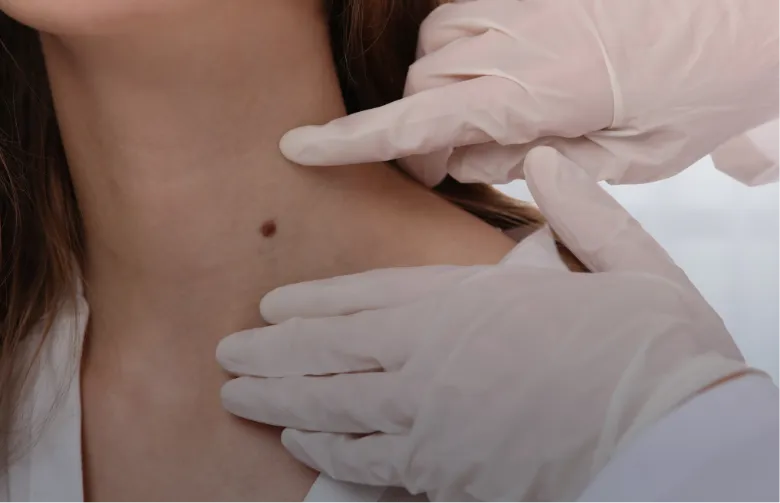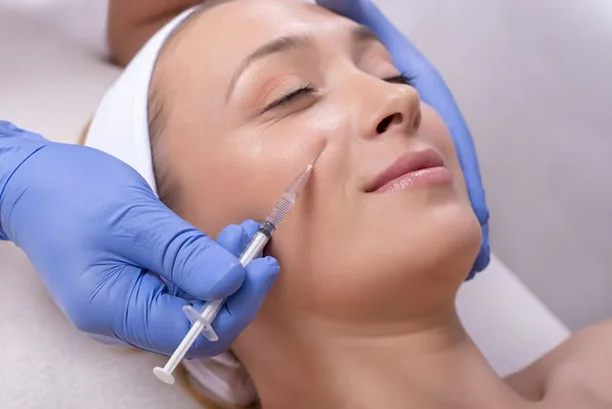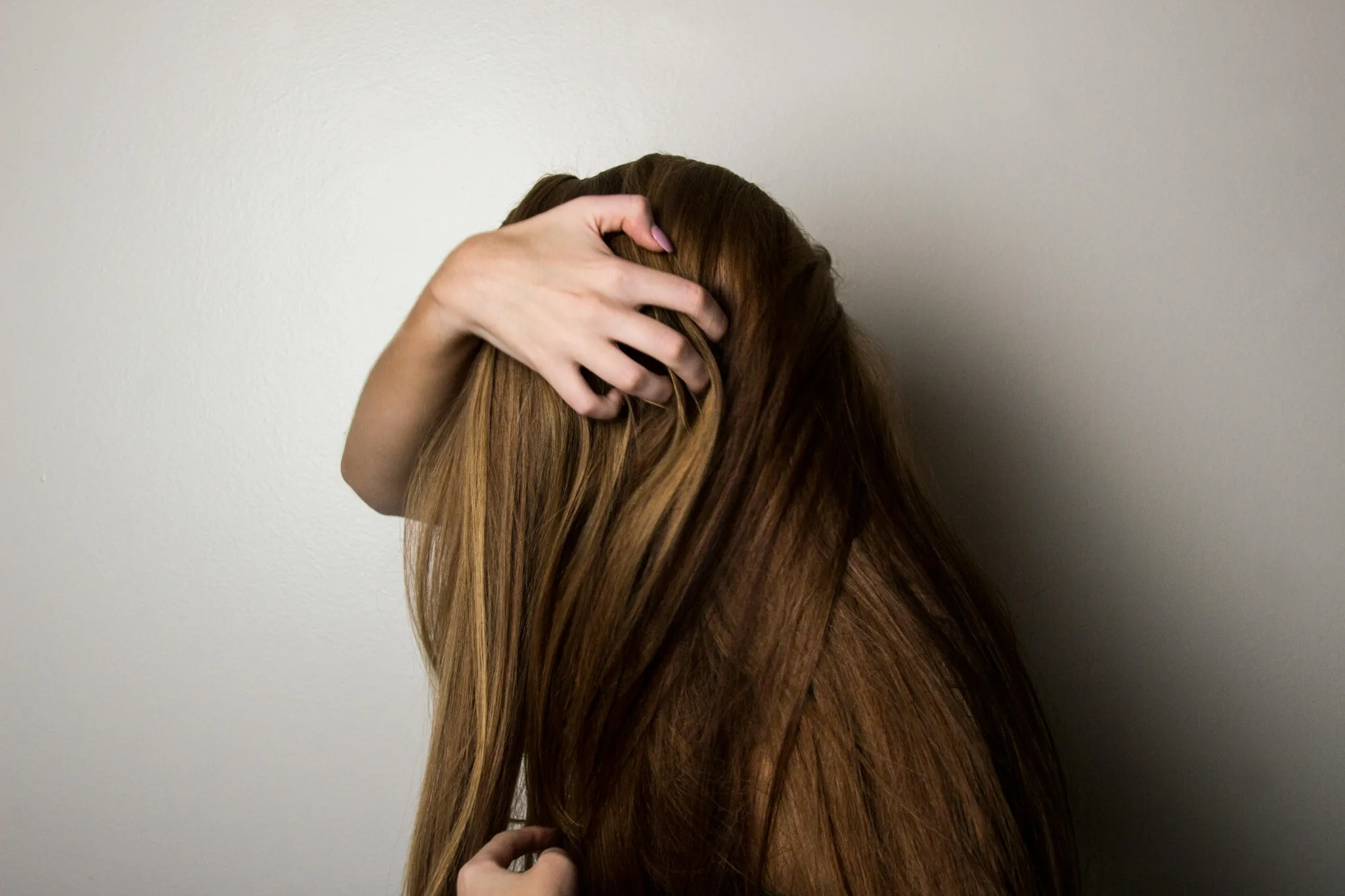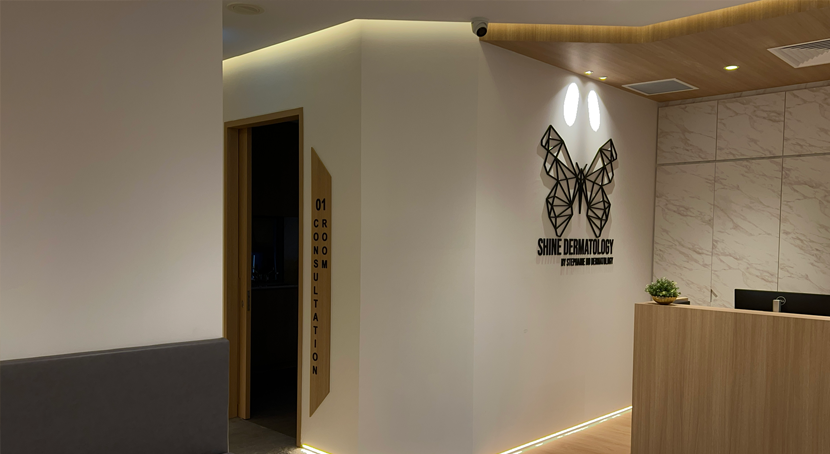Facial Pigmentation: What to do when brown marks or spots start to appear
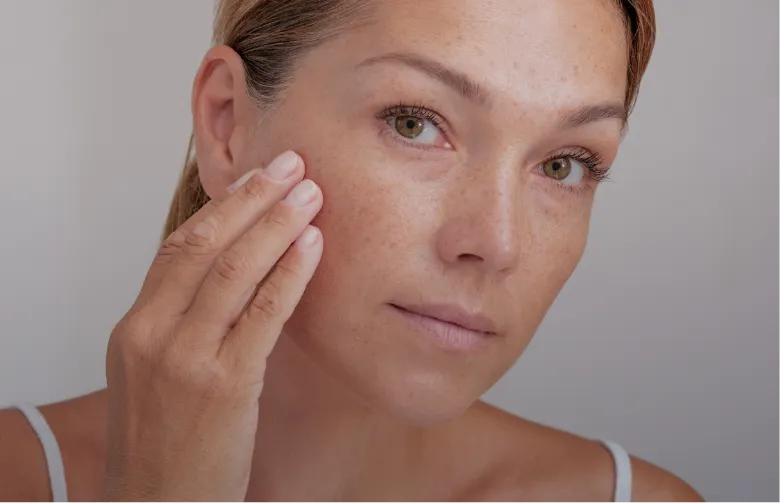
Are there different types of pigmentation that can affect our skin?
Skin pigmentation or brown spots on the skin are very common, especially in Asians. Genetic predisposition, sun exposure, hormonal changes, and previous inflammation in the skin can all contribute to skin pigmentation. Pigmentation may present differently at different ages:
Birth - brown birthmarks such as café au lait, naevus of Ota
Childhood/adolescence – freckles, Becker’s naevus
Middle age - sun spots, freckles, age spots, melasma, Hori’s naevus
It is most important to visit a trusted dermatologist to obtain an accurate diagnosis before embarking on any treatment. Although most facial pigmentation will respond well to pigment lasers, some are more effectively treated with electrocautery eg age spots. Others, such as melasma, can in fact worsen after aggressive laser treatment and has a much better outcome with lightening creams and oral medicines.
How can I prevent pigmentation from appearing or worsening?
Sun protection is the single most important factor that we can all control to reduce pigmentation. Wearing a hat, regular sunscreen, avoiding mid-day sun and wearing sun sleeves are good habits to start cultivating. Twin studies illustrate very clearly how sun exposure can accelerate aging, where identical twins look drastically different because of the amount of sun each twin is exposed to.
Guyuron B, Rowe DJ, Weinfield AB, et al. Factors contributing to the facial aging of identical twins. Plast Reconstr Surg. 2009;123:1321–1331
How are freckles and sun spots treated?
Pigment lasers can be very effective for treating freckles and sun spots, which usually affect the top layer of the skin. There are many different types of pigment lasers on the market. Instead of hunting for the “best laser”, entrust your treatment to a doctor or dermatologist who has the experience to ensure the best results with minimum downtime. We will consider factors such as your normal skin colour, the amount of downtime you can afford, and the type of pigmentation we are treating. For freckles and sun spots, I usually use the long pulsed AlexTrivantage laser as it is gentler on Asian skin and is less likely to cause post laser pigmentation. Usually 1-3 treatments at monthly intervals will lighten the pigmentation significantly. Prescription grade lightening cream are also often used after the laser to achieve faster resolution of the pigmentation.
Can deeper pigmentation such as Hori’s naevi or naevus of Ota be treated?
Pigmentation such as Hori’s or naevus of Ota affect the deeper layers of the skin and treatment can be more complicated. Usually a more aggressive setting and a laser that penetrates deeper into the skin is required. Also 7-10 treatments at monthly intervals are recommended. With persistence, such deep pigmentation can be successfully treated too.
How are age spots different from freckles and can these be treated?
Freckles are often flat and small brown patches on the cheeks. Age spots or seborrheic keratoses are raised above the skin and can be felt when you run a finger over them. There are usually multiple age spots that appear together and people may have a genetic predisposition towards developing them. These are best treated with electrocautery where these harmless overgrowth of the skin are lightly burnt off using an electrical device.
I have been told I have melasma. Should I go for laser treatment?
Melasma is a special type of pigmentation that should not be aggressively lasered as it can lead to worsening of the pigmentation. Factors that contribute to melasma include sun exposure, hormonal changes such as pregnancy or use of the contraceptive pill, and genetics. The first-line treatment would be strict sun protection and medical grade lightening creams. A new addition to our treatment regime is an oral medicine known as tranexamic acid that is very effective at lightening melasma. This is usually given for around 6 months to suitable individuals, and large majority of patients will see a visible improvement. As melasma often co-exist with other pigmentation such as freckles and sun spots, pigment lasers can also be added to lighten these as well. It is important to note that melasma is a chronic condition that can often flare with repeated sun exposure.
Do make an appointment to see your dermatologist if you are troubled by pigmentation on your skin. Effective treatment is often available for excellent lightening, so that you can go easy on the makeup!
